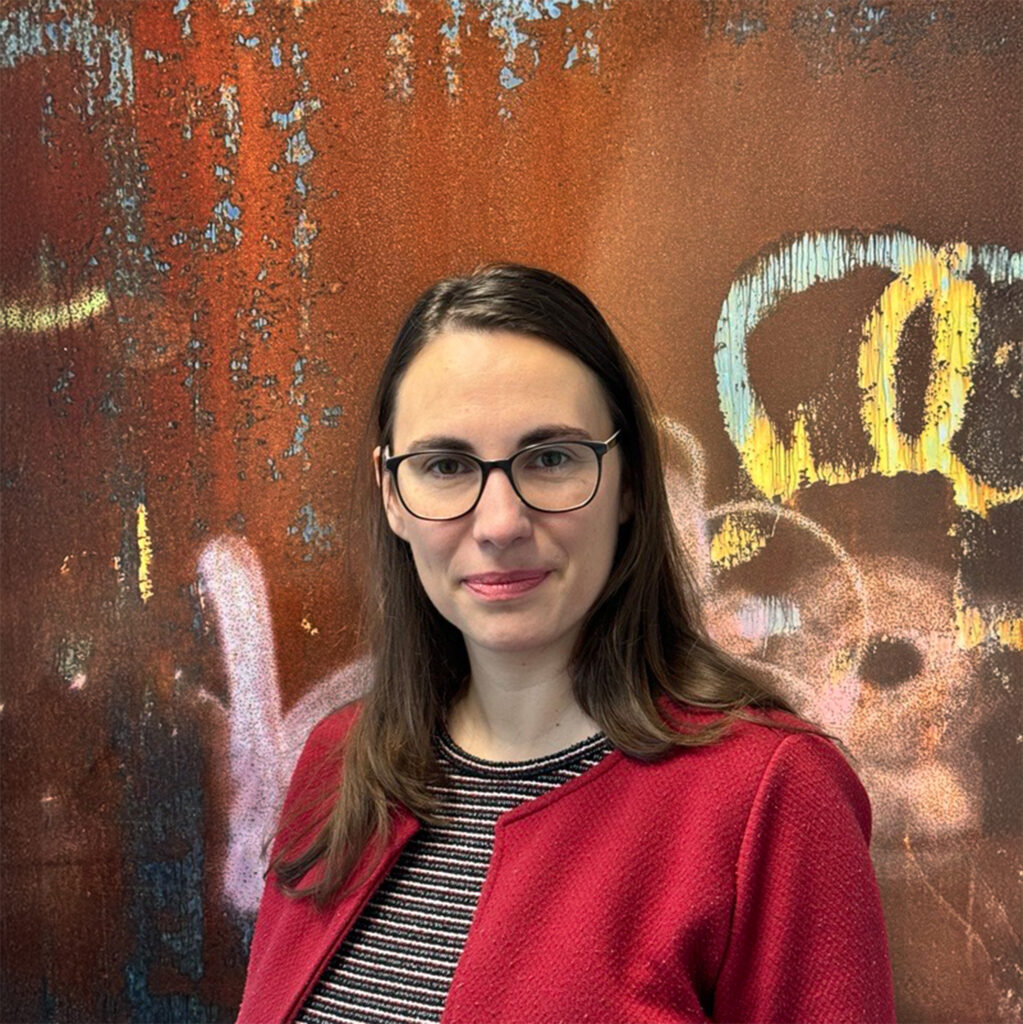In ihrem Roman Körper-Kintsugi (2018) wählt die bosnisch-herzegowinische Schriftstellerin Senka Marić die Kintsugi-Technik als Metapher für den Heilungsprozess ihres Körpers im Kampf gegen den Krebs und gegen die von patriarchalen Normen und Gewalterfahrungen geprägte Gesellschaft. Bei Kintsugi handelt sich um eine japanische Reparaturkunst, bei der man die Scherben eines zerbrochenen Gegenstands durch die Verwendung einer goldenen Lackschicht zusammenklebt, so dass die Bruchstellen erkennbar bleiben. Angelehnt an diese Kintsugi-Reparationspoetik untersucht das Projekt ähnliche Verfahren im Umgang mit Kriegserfahrungen in Bosnien und Herzegowina (1992–1995), die Leiderfahrungen und die dadurch entstandenen Wunden nicht kaschieren, sondern künstlerisch verarbeiten und in ihrer fragmentarischen Irreparabilität sichtbar machen. Im Zentrum stehen die Kreativität der Betroffenen und künstlerische Strategien zur Wiederherstellung von Handlungsfähigkeit, die nach einer zunächst lähmenden Verlusterfahrung erfolgen und häufig mit einer Emanzipation von Sagbarkeitsregimen, d. h. insbesondere mit dem Brechen des Schweigens über einen tabuisierten Verlust, einhergehen.
JUN.-PROF. DR. ŽELJANA TUNIĆ
CURRICULUM VITAE
Željana Tunić ist seit 2022 Juniorprofessorin für Slavische Kulturwissenschaft an der MLU Halle-Wittenberg. Ihre Forschungsinteressen liegen im Bereich der gesellschaftlichen Aufarbeitung von Kriegs- und Gewalterfahrungen sowie der radikalen Erosion gesellschaftlicher Netzwerke in slawischsprachigen Ländern. Tunić konzentriert sich auf literarische Werke sowie auf unterschiedliche kulturelle Prozesse, von der darstellenden Kunst bis hin zu Fotografien, Ausstellungen, Denkmälern oder Praktiken des Gedenkens. Zuletzt hat sie sich auch mit forensischen Untersuchungen nach Völkerrechtsverbrechen und deren kultureller Vermittlung im öffentlichen Diskurs befasst. Weitere Forschungen zum Kulturaustausch zwischen dem sozialistischen (Süd-)Osteuropa und Afrika während des Kalten Krieges und dessen Fortwirken in der Gegenwart bilden einen wesentlichen Bestandteil der Forschungslandschaft von Tunić. Sie ist Mitglied des wissenschaftlichen Beirats der Südosteuropa-Gesellschaft (SOG) und leitet deren Außenstelle in Halle.
